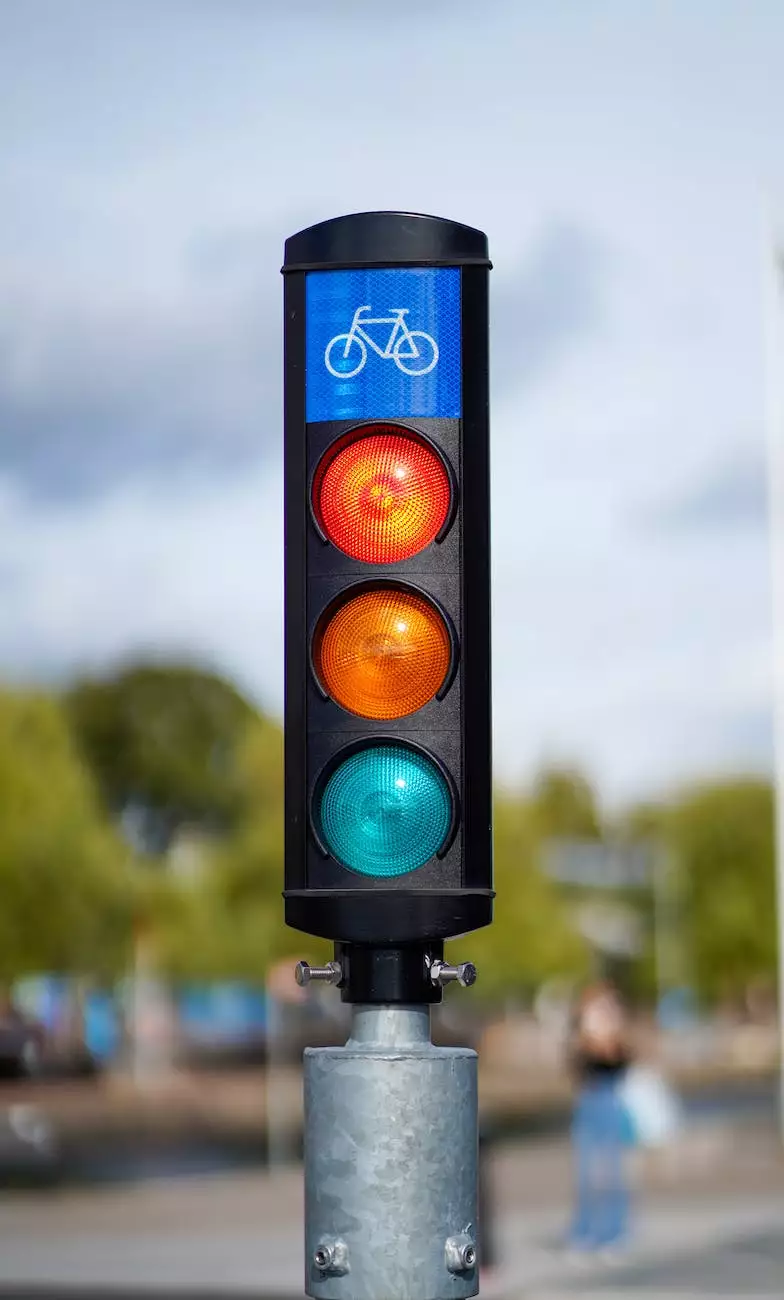Warning Signs for Rheumatoid Arthritis
Blog
Introduction
Welcome to Bowling Orthopaedics, your trusted source for comprehensive information on rheumatoid arthritis. In this article, we will discuss the warning signs associated with this chronic autoimmune disease. Rheumatoid arthritis affects millions of people worldwide, causing joint pain, stiffness, and inflammation. Being able to identify the early warning signs is crucial in seeking appropriate medical attention and managing the condition effectively.
Understanding Rheumatoid Arthritis
Rheumatoid arthritis is a complex disease that primarily affects the joints. It occurs when the immune system mistakenly attacks healthy joint tissues, leading to pain, swelling, and eventual joint damage. Although the exact cause of rheumatoid arthritis is unknown, genetics, environmental factors, and hormonal changes are believed to play a role.
Common Warning Signs
While every individual may experience rheumatoid arthritis differently, there are common warning signs that can help in early detection. Here are some key symptoms to watch out for:
1. Joint Pain and Stiffness
One of the first signs of rheumatoid arthritis is joint pain and stiffness, often affecting multiple joints. Morning stiffness that lasts for more than an hour is a telltale indication of this condition. The pain and stiffness may worsen after prolonged periods of inactivity and improve with movement.
2. Swelling and Tenderness
Inflammation in the joints can lead to swelling, tenderness, and redness. The affected joints may feel warm to the touch and appear visibly swollen. This can significantly impact a person's mobility and daily activities.
3. Fatigue and Generalized Weakness
Rheumatoid arthritis often causes significant fatigue and generalized weakness, making it challenging for individuals to perform routine tasks. This fatigue is a result of the body's persistent inflammation and the impact it has on overall energy levels.
4. Morning Stiffness
As mentioned earlier, experiencing prolonged morning stiffness is a characteristic symptom of rheumatoid arthritis. The stiffness is typically more severe upon waking up and tends to ease as the day progresses.
5. Reduced Range of Motion
Individuals with rheumatoid arthritis may notice a reduced range of motion in the affected joints. This can make it difficult to perform simple movements and activities that require flexibility.
6. Rheumatoid Nodules
In some cases, small firm lumps, known as rheumatoid nodules, may develop under the skin. These nodules usually form near joints or bony prominences and can vary in size.
7. Systemic Symptoms
Rheumatoid arthritis is known to affect more than just the joints. Individuals may also experience systemic symptoms such as low-grade fever, weight loss, and a general feeling of malaise.
Diagnosis and Treatment Options
If you suspect you may have rheumatoid arthritis based on the warning signs mentioned above, it is essential to consult a healthcare professional for an accurate diagnosis. A thorough medical evaluation, including physical examinations, imaging tests, and blood tests, will be conducted to confirm the presence of rheumatoid arthritis.
While there is currently no cure for rheumatoid arthritis, early diagnosis and intervention can significantly improve outcomes and quality of life. Treatment options may vary depending on the severity of the disease but often involve a combination of medication, physical therapy, lifestyle modifications, and in some cases, surgery.
Conclusion
Recognizing the warning signs for rheumatoid arthritis is crucial for timely diagnosis and effective management. If you are experiencing any of the symptoms mentioned in this article, it is recommended that you seek medical attention promptly. With the right treatment plan and ongoing support from Bowling Orthopaedics, you can take control of your rheumatoid arthritis and lead a fulfilling life.




